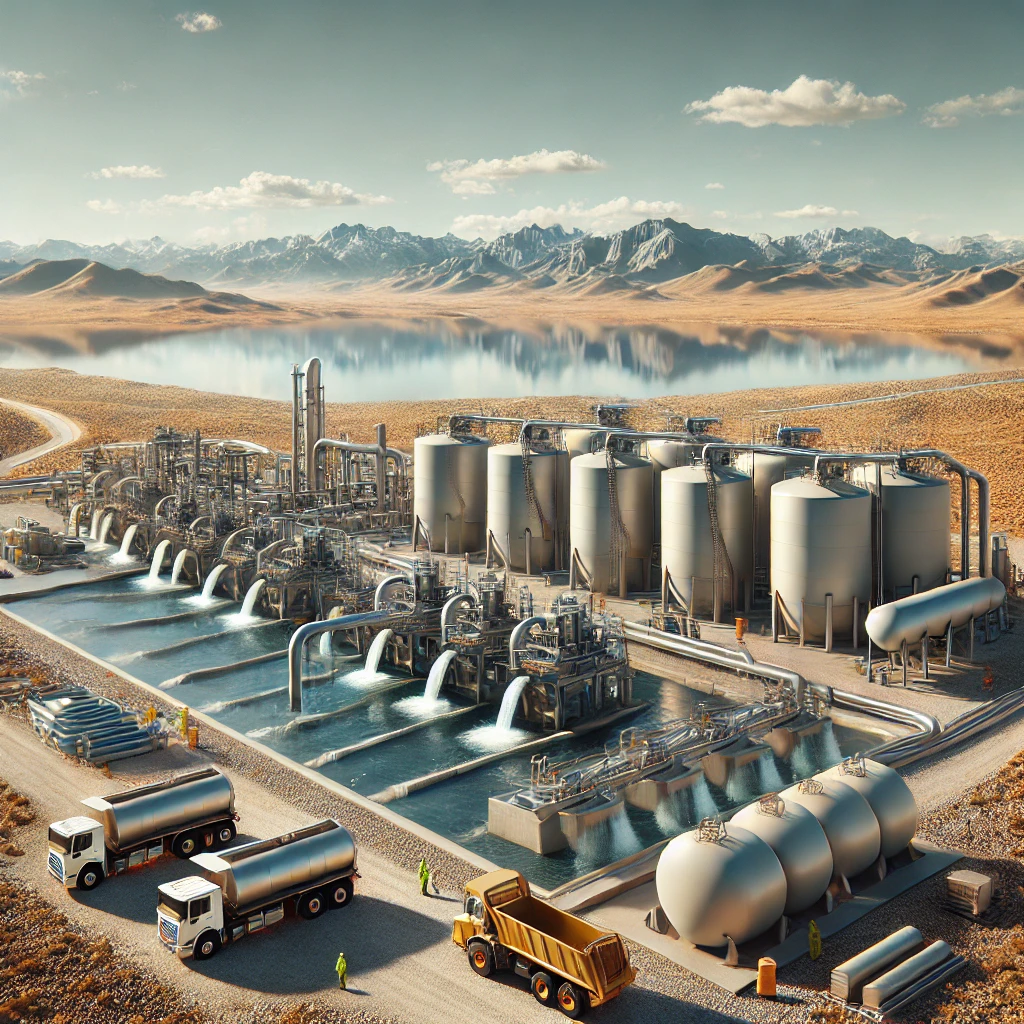- Colorado to implement phased water recycling in oil and gas operations.
- Water recycling targets will reach 50% by 2038.
- The rulemaking aims to reduce reliance on fresh water and use produced water.
- Public health, safety, and environmental protection are key priorities.
- Public comments were solicited on September 13, 2024.
- The rule will address infrastructure needs and stakeholder concerns.
September 16, 2024 — Colorado is advancing new regulations to reduce freshwater use in oil and gas operations by promoting the reuse and recycling of produced water. In response to House Bill 23-1242, the Colorado Produced Water Consortium has developed a schedule to increase the use of recycled water through 2038, with the first rules set for adoption by the end of 2024. The draft Final Recommendations for the Energy and Carbon Management Commission’s upcoming rulemaking on managing produced water from oil and gas operations is available online .
.
What Is Produced Water?
Produced water is a byproduct of oil and gas extraction that can be treated and reused, replacing fresh water for certain operations. This shift is vital for conserving fresh water in Colorado, a state frequently impacted by droughts.
Key Findings and Recommendations.
The Consortium’s recommendations are built on time-series data showing how oil and gas operations have evolved since 2014, highlighting trends in well development and water movement. Key suggestions include adopting water quality standards and critical control points for recycling, implementing the best management practices (BMPs), and learning from other states’ water reuse regulations.
By January 2026, Colorado plans to begin requiring 3-5% of water used in oil and gas operations to be recycled-produced water. This target will increase to 50% by 2038. Public health, safety, and environmental protection are core considerations in this transition.
Infrastructure Needs.
Achieving these water recycling goals will require significant infrastructure development. This includes creating pipelines to transport produced water, building storage facilities, and upgrading treatment systems. The Consortium emphasized the importance of minimizing truck traffic by using pipelines, thus reducing air pollution, road damage, and wildlife collisions.
Environmental and Health Considerations.
While increasing water recycling has clear benefits, the Consortium acknowledges potential risks, such as increased truck traffic, water spills, and storage challenges. However, adopting best practices and monitoring water quality should help mitigate these risks. The Consortium also aims to address environmental justice concerns by ensuring that produced water infrastructure development does not disproportionately impact vulnerable communities.
Final Rulemaking.
The final rulemaking is expected to be released by the end of 2024. The Colorado Department of Natural Resources website has more information about the draft rule and upcoming events.
website has more information about the draft rule and upcoming events.


Leave a Reply